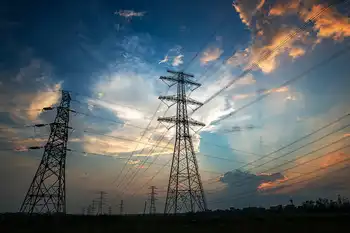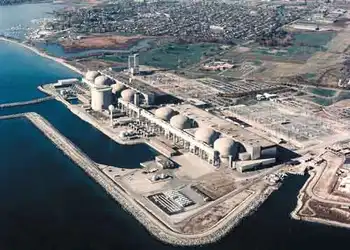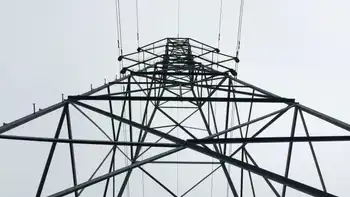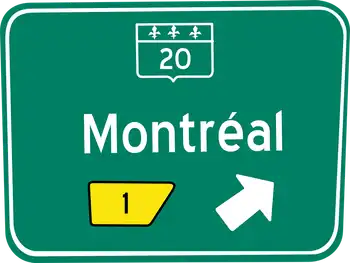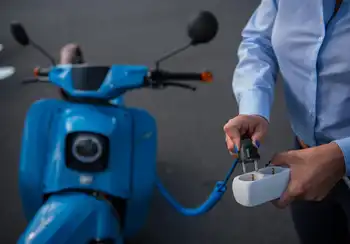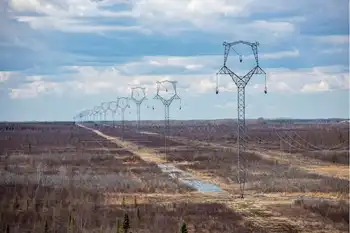France leading in worldwide nuclear development
By Industry Info Services
Protective Relay Training - Basic
Our customized live online or in‑person group training can be delivered to your staff at your location.

- Live Online
- 12 hours Instructor-led
- Group Training Available
France is Europe's forerunner in nuclear power. France has 59 nuclear reactors operated by Electricite de France (EdF), generating 78% of France's electricity. The present situation is due to the French government's decision after the first oil shock in 1974 to expand the country's nuclear power capacity. This decision was taken in the context of France having heavy engineering expertise but few energy resources. Nuclear energy minimized imports and allowed greater energy security. As a result France now has substantial energy independence and almost the lowest electricity cost in Europe.
France's nuclear industry has grown significantly since 1974 with further plans to expand, both at home and abroad. France has partnered with Germany to develop the European Pressurized Reactor (EPR), a third-generation nuclear reactor, designed to be safer, more efficient, and less susceptible to a terrorist attack. Each EPR reactor is rated at 1,600 megawatts (MW) of electricity, versus 900 MW for most second-generation reactors.
EdF began construction of the first EPR at a site near Flamanville, France, in late 2007 and plans to complete the project by 2012 at a cost of $4.4 billion. Known as Flamanville III, the EPR will be the third nuclear unit constructed at the Flamanville site. Flamanville I & II came online in 1985 and 1986, respectively, and produce 1,300 MW each. Alstom France (Levallois-Perret, France) is the design-build firm on the project and Bouygues Construction is the general contractor.
France is looking further afield, seeking to have nuclear cooperation with countries such as India. Following discussions between the two countries in January 2008, a strategic civil nuclear partnership was signed. France and India have previously cooperated on applied nuclear research and safety; however, this agreement will broaden the partnership to full civil nuclear cooperation including reactors, fuel supply and management.
France has also taken a leading role in the development of the International Thermonuclear Experimental Reactor (ITER). ITER, a consortium of the European Union, the United States, Japan, Russia, China, and South Korea, seeks to build a working fusion reactor at a testing site in Cadarache, France, by 2015. Site work is under way on the $12 billion project.
France's nuclear industry is well developed, led by state-owned company Areva. Areva operates in 40 countries and is active in every aspect of nuclear energy from uranium mining to recycling. The company is supplying the steam generators for Flamanville III.
Areva is benefitting from increased global interest in nuclear power and the French government's policy of building strategic nuclear ties with overseas partners.
In Finland, Areva is building the first European nuclear power plant to be built in 15 years at the Olkiluoto Nuclear Complex owned by Teollisuuden Voima Oy in Eurajoki, Finland. The more than $3.7 billion Okiliuto-3 project is running two years behind schedule and more than 25% over budget; Areva cites a lack of skills amongst local contractors as a factor.
For an industry that has seen little European development outside France in the past 30 years, local experience is difficult to come by. Because of this and seeing global nuclear opportunities, Britain hopes to build a partnership with France that will create a skilled British labor force that would then work together to sell nuclear power stations to other countries over the next 15 years.
To the benefit of Areva, France is looking to build further strategic civil nuclear partnerships with countries in the Middle East and Asia. In 2007 Areva agreed to a deal to build two nuclear reactors in China with the state-run China Guangdong Nuclear Power Group. Areva will also provide uranium to fuel the reactors until 2026.
This deal is worth $11.9 billion for Areva, a deal won in competition with American and Russian companies. Developing countries are becoming an important market for the nuclear industry; China plans to build 30 nuclear reactors before 2020 and the French government is currently finalizing a civil nuclear partnership with the Indian government.





